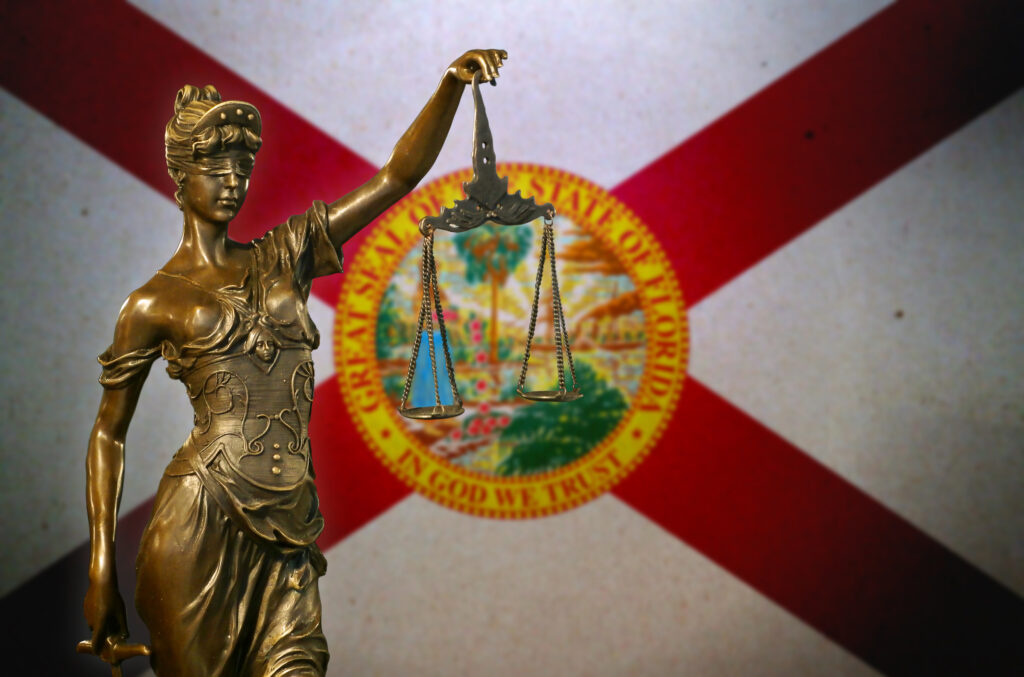Many readers of the ILR blog probably know that third party litigation funding, or TPLF, is a multibillion-dollar global industry that allows hedge funds to secretly invest in lawsuits in exchange for a cut of any award of settlement. If there’s no disclosure of who’s funding a lawsuit, does that mean foreign governments could be investing in U.S. litigation against American businesses?
According to a recent ILR report, A New Threat: The National Security Risk of Third Party Litigation Funding, the answer is yes. A New Threat highlights the near-total lack of transparency around TPLF, which can have major ramifications for U.S. national and economic security.
The report found a growing concern that a large volume of foreign-sourced money may be pouring into the U.S. litigation system against American companies and industries, including those in defense and other highly sensitive industries. A foreign government could fund litigation to advance its strategic interests against the U.S. or even access sensitive or confidential information about U.S. companies. The report also highlights that few barriers exist to prevent litigation funders from taking money from state-owned investment funds that invest in various financial assets, called sovereign wealth funds, to fund a lawsuit.
A New Threat outlines a series of judicial, legislative, and federal agency solutions that would help curb this threat, including:
- Requiring disclosure of third party litigation funding in all civil cases.
- Requiring funders to disclose all litigation funding from a foreign government and that government’s role in the litigation to other parties, the court, and the U.S. government.
- Strengthening the Foreign Agents Registration Act (FARA) to require attorneys who receive funding from a foreign government to register under FARA even if they do not represent that government.
- Requiring the U.S. Department of Justice to investigate if a litigation funder fails to conduct diligence into foreign government involvement with their investors or partners that would have shown a level of involvement sufficient to trigger FARA registration.
- Enacting the Litigation Funding Transparency Act, which would require plaintiffs’ attorneys to disclose TPLF agreements in multi-district litigation proceedings and federal class action lawsuits.
And that’s not all, a recent ILR national poll shows that voters are also concerned about the secrecy of TPLF with 69 percent of voters across party lines supporting disclosure of TPLF, and 82 percent of voters, including strong majorities of
Republicans, Democrats and Independents, opposing allowing foreign governments to invest in U.S. lawsuits against American businesses.
Federal policymakers should protect consumers and American businesses from outsiders who want to use our lawsuit system to compromise the national and economic security of the U.S.



